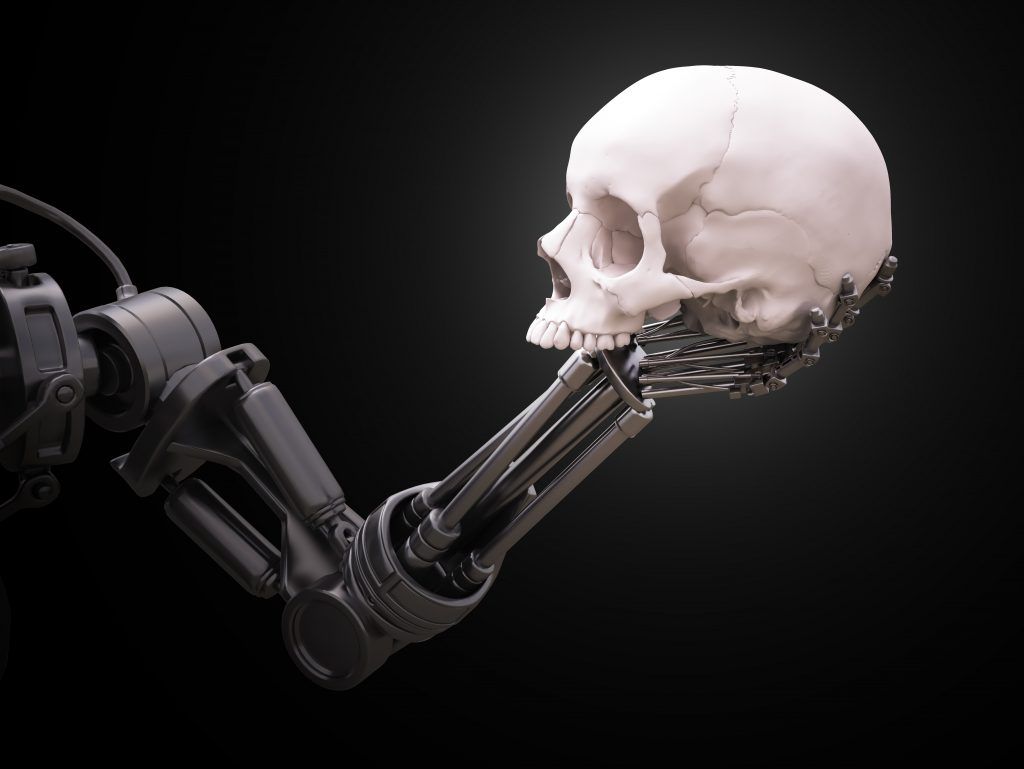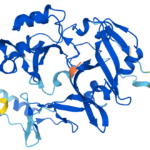AI experts: Prepare for a sad immortality
By Lucien Crowder | June 2, 2017

For a June special issue on “The Benefits of Building an Artificial Brain,” the good folks at IEEE Spectrum decided to ask “a range of technologists and visionaries” a few questions, including:
- When will we have computers as capable as the brain?
- Do you have any qualms about a future in which computers have human-level (or greater) intelligence?
The technologists include figures such as Ruchir Puri, the chief architect of IBM’s Watson. The visionaries include individuals such as Martine Rothblatt, founder of the Terasem Movement, which promotes something called “transhumanism.” It’s a diverse crew of respondents, and their beliefs about our techno-human future come in all over the lot.
One expert thinks it will be “maybe many hundred years” before computers become as capable as human brains; another thinks computers will close the gap by 2029. One visionary, asked to assess how brainlike computers will change the world, confidently claims that “[p]eople will no longer die, because the computerized version of themselves will insist they are still alive even if their flesh body has expired. They will be sad, and they’ll be hoping for regenerated bodies, but they will feel like a backup of their original flesh self.” A less confident technologist only ventures to guess that “[w]ithin 20 years most baby boomers are going to have robotic devices in their homes, helping them maintain their independence as they age in place.”
As for qualms about a future in which computers are as smart as people, one man says, “If you don’t have qualms about a change that big, you really aren’t paying attention”—while a more blasé respondent claims to have “No qualms at all, as the world will have evolved so much in the next 100+ years that we cannot possibly imagine what it will be like, so there is no point in qualming.” No point in qualming, indeed.
And a note for you rat fans out there: IEEE Spectrum’s special issue includes an article called “AI Designers Find Inspiration in Rat Brains” and another titled “Why Rat-Brained Robots Are So Good at Navigating Unfamiliar Terrain.” Come for the artificial intelligence, stay for the vermin.
Publication Name: IEEE Spectrum
To read what we're reading, click here
Together, we make the world safer.
The Bulletin elevates expert voices above the noise. But as an independent nonprofit organization, our operations depend on the support of readers like you. Help us continue to deliver quality journalism that holds leaders accountable. Your support of our work at any level is important. In return, we promise our coverage will be understandable, influential, vigilant, solution-oriented, and fair-minded. Together we can make a difference.















